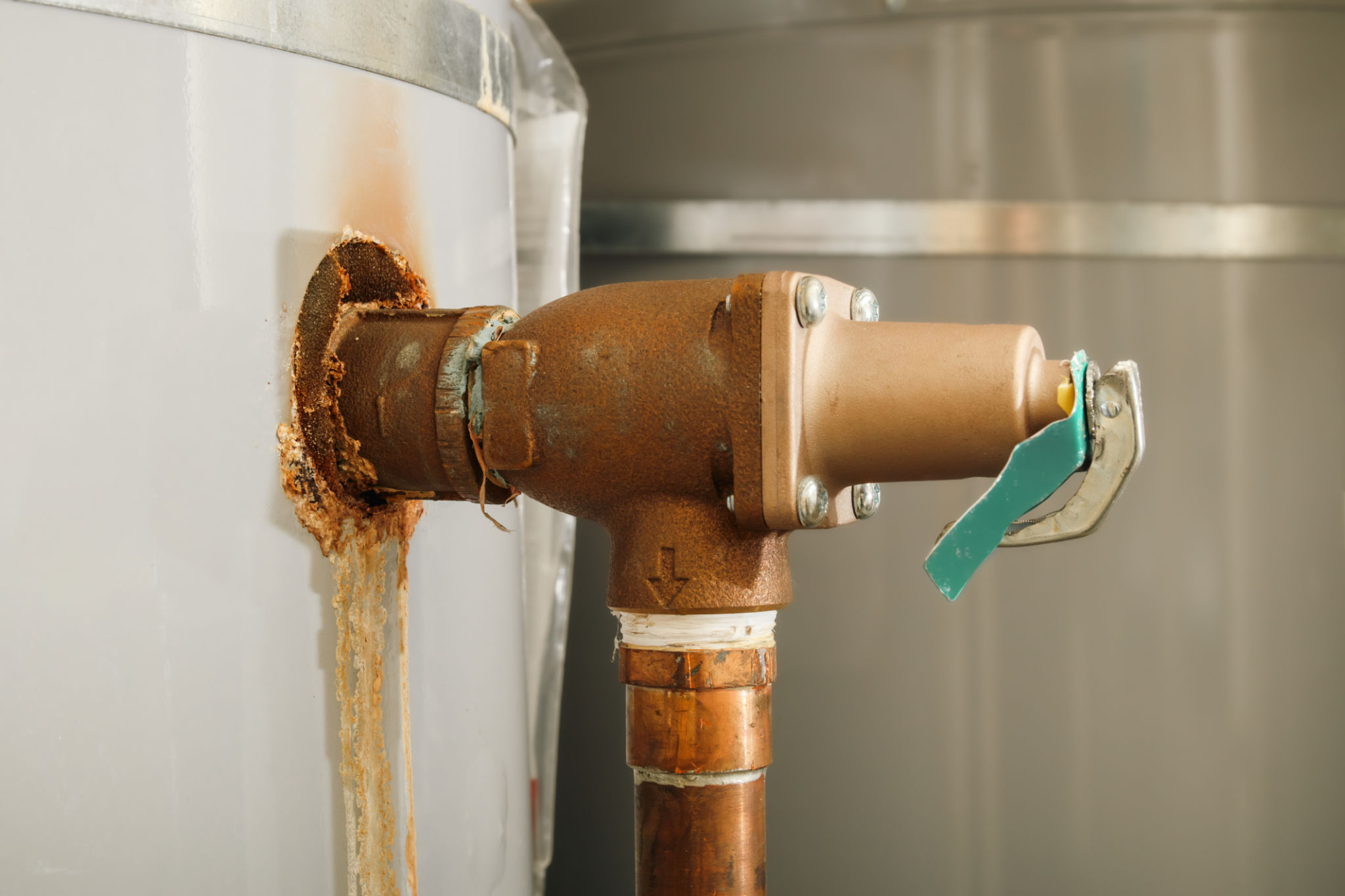The Benefits of Using Corrosion Inhibitors in Industry
Understanding Corrosion and Its Impact on Industry
Corrosion is a natural process that deteriorates materials, especially metals, due to reactions with environmental elements. In industrial settings, corrosion can lead to significant damage, resulting in costly repairs, safety hazards, and operational downtime. Understanding the role of corrosion inhibitors is crucial for industries aiming to maintain structural integrity and prolong the lifespan of their equipment.

What Are Corrosion Inhibitors?
Corrosion inhibitors are chemicals that, when added in small concentrations to a corrosive environment, significantly reduce the rate of metal degradation. These inhibitors form a protective film on the surface of the metal, blocking corrosive substances from reaching it. This preventive measure is essential in various industries, including oil and gas, water treatment, and manufacturing.
Types of Corrosion Inhibitors
Corrosion inhibitors can be categorized based on their action mechanism or the type of environment they are used in. Common types include:
- Anodic inhibitors: These prevent the anodic reaction that leads to metal dissolution.
- Cathodic inhibitors: These slow down the cathodic reaction, reducing the rate of corrosion.
- Mixed inhibitors: These provide protection by affecting both anodic and cathodic reactions.
- Volatile inhibitors: Used in enclosed systems to protect against atmospheric corrosion.

Benefits of Using Corrosion Inhibitors
The use of corrosion inhibitors offers numerous benefits to industries:
- Cost Savings: By minimizing corrosion, companies can significantly reduce maintenance and replacement costs.
- Increased Safety: Preventing equipment failure due to corrosion protects workers and reduces the risk of accidents.
- Extended Equipment Lifespan: Equipment and structures last longer when protected against corrosion, leading to better return on investment.
- Environmental Protection: Proper use of inhibitors reduces the likelihood of leaks and spills, contributing to environmental conservation.
Applications Across Industries
Corrosion inhibitors find applications across a wide range of industries. In the oil and gas sector, they are critical in preventing pipeline and refinery equipment corrosion. Water treatment facilities use them to protect pipes from chemical-induced deterioration. Furthermore, in manufacturing, they ensure machinery runs efficiently by preventing rust and wear.

Choosing the Right Corrosion Inhibitor
Selecting an appropriate corrosion inhibitor depends on several factors, including the type of metal, environmental conditions, and specific industry requirements. Consulting with experts and conducting thorough testing can help in choosing an effective inhibitor that provides optimal protection while being cost-effective.
The Future of Corrosion Inhibition
As industries continue to evolve, so does the technology behind corrosion inhibitors. Innovations in this field are leading to more sustainable and environmentally friendly options. Researchers are focusing on developing biodegradable inhibitors that offer effective protection without harming the environment.
In conclusion, corrosion inhibitors play a vital role in safeguarding industrial assets. By understanding their benefits and applications, industries can make informed decisions that enhance operational efficiency and sustainability.
